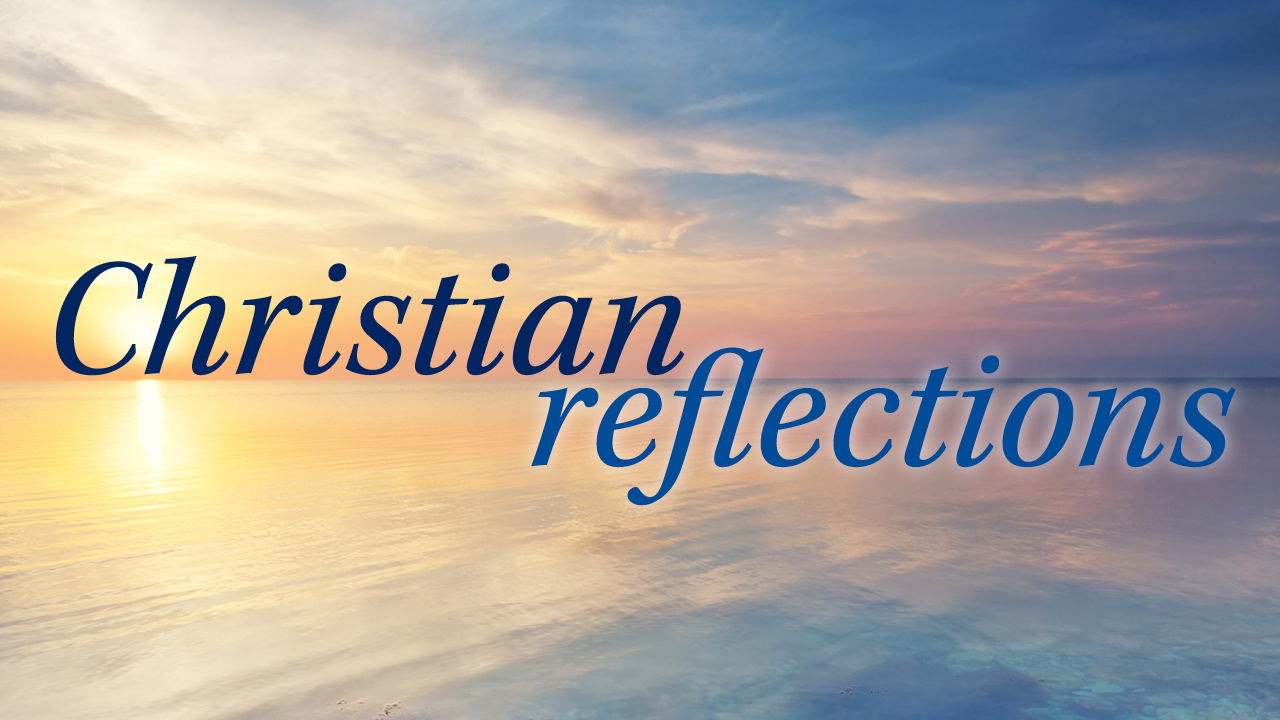On faith and politics

By Charles Christian
The old saying goes, “You can talk about anything but politics and religion.”
It could be that our reluctance to talk about either has made it more difficult to navigate both religion and politics. Maybe this reluctance has contributed to why the number of people who claim a religious faith is dwindling, and the gap between the two sides of the political spectrum is so great.
In recent years, those who make the most headlines in the religious world are usually on the extreme side. The same is true for those making the most political headlines. We seem to have turned both religion and politics into a game of exclusion instead of into a way in which diverse voices can be heard.
We have ignored the contributions that a wide range of political and religious voices can make to our understanding of what it means to be a citizen and what it means to be a person of faith. Instead, we have often opted for an “us vs. them” mentality that places almost everyone who disagrees with us in the camp of “the enemy.”
There is certainly a better way.
In the Book of Acts, the Apostle Paul is invited to speak to what was known as the Areopagus. These were the political and intellectual “influencers” of Ancient Greece, and Paul was called to give an account of his newfound Christian faith. Instead of belittling his audience, who differed from Paul in both political and (most notably) religious ways, he begins with common ground.
Paul begins his speech his way: “Men of Athens, I see that you are very religious in all respects. For while I was passing through and examining the objects of your worship, I also found an altar with this inscription, ‘To an Unknown God’” (see Acts 17).
Paul then says he is going to present to them this “unknown God,” and this opens a door for him to find a common ground to share his faith in Christ and God.
The results were quite positive. What could have been a political and religious wrestling match turned into an occasion where Paul was invited back, and some even began to examine their faith commitments more closely.
I shudder to think what this kind of interaction would look like today if some so-called religious leaders were invited to present their faith. The same would be said of key political leaders. Sadly, I don’t have to guess. Recent public statements from religious leaders who have used pulpits and public forums to simply parrot political parties or leaders and attack those who disagree have made a mockery of a compassion-filled presentation of faith.
Likewise, key political leaders who couch their politics in religious talk without the full exploration of what it really means to be a love-filled person of faith turn their religious proclamations into nothing more than a tool to be cast aside at their convenience.
We can do better on both sides. We should do better.
